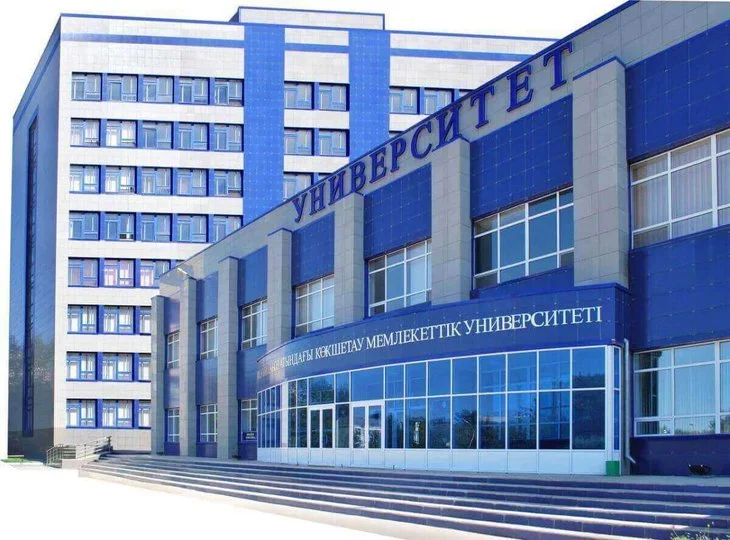Theology

Educational program code
6В02202
Language of instruction
Kazakh, Russian
Learning level
Undergraduate
Duration of study
4 year
Specialized subjects
Сreative exam
Сreative exam
Objectives of the educational program
Training of specialists in the religious and humanitarian sphere in Kazakhstan in the direction of theology, meeting the modern, promising requirements of the secular state and society, profoundly proficient in the basics of religion and historical and humanitarian sciences.
- The Kazakh (russian) language
- Foreign language
- Information Communication Technology
- History of Kazakhstan
- Philosophy
- Social Studies
- Political Studies
- Psychology
- Cultural Studies
- Physical Training
- Practical Arabic language
- Reading the Quran
- Academic writing
- History of religions
- History of Islam
- Basics of hadith
- Basics of tafsir
- Kazakh religious thinkers
- Calligraphy
- Shokan studies
- Fundaments of Economic and enterprise
- Fundamentals of law and anti-corruption culture
- Life safety basics
- Ecology and sustainable development
- Fundamentals of scientific research
- Religion and morality
- Religion and ethics
- History of interfaith relations in the northern region of Kazakhstan
- New religious movements and youth
- The situation of the clergy of the Norhern region of Kazakhstan in the ХІХ-ХХ centuries.
- The situation of the clergy of the Norhern region of Kazakhstan in the ХІХ-ХХ centuries.
- Yassawi Study
- History of religious and spiritual enlightenmen in Kazakhstan in the ХІХ-ХХ centuries.
- The Phenomenology of Religion
- Religion and traditions
- Traditions of the Nahuan Hazret Religious School
- Culture of the Kazakh people and the values of Islam
- Psychology of religion
- History of Christianity
- Sociology religions
- The Basics of Catholic Faith
- Islamic Anthropology
- History of the Orthodox Church
- Tassawwuf
- Christian Mystics
- Islamic philosophy
- Islamic art
- Religious philosophy
- Ethics in Islam
- Stat einter-confessional relations
- Psychology of Religious Radicalism
- Kalam
- Theological rehabilitation
- Islamic Mazhabs
- Theologically communication
- Kazakh religious tradition based on Hanafilik and Maturidi
- History of Protestantism
- Turkic Islamic History
- History of the Catholic Church
Learning outcomes and competencies
- Demonstrate basic knowledge in the field of socio-humanitarian, natural science disciplines that contribute to the formation of a harmonious personality with a broad outlook, a high culture of thinking, tolerance and humanism.
- Know the rules of reading religious texts, analyze religious and philosophical texts and works, apply communication skills in the state and foreign languages for further self-education and self-improvement, professional communication, constructive communication with representatives of various social groups, ethnic groups and religions in the conditions of cultural diversity of society.
- Know the methods of scientific research and academic writing and apply them in the field under study;
- Be able to compare the history of religion and religious movements, know religious-theological and historical-scientific concepts; possess methods of studying Islamic teachings, sources of religion, distinguish between traditional and non-traditional religions, have the skills of theological analysis based on religious principles;
- Carry out cultural and educational work in the field of religious relations; possess the skills of organizing scientific research and professional activities, as well as managing them; be able to determine the state of interfaith and other public relations, their interaction; state state policy in the field of religion.
- To know the commentaries on the holy scriptures of the Torah, Bible, Zabur, Koran; to know the methodology of reading, analyzing and interpreting the Koran from ancient times to the present day; to be able to compose oral and written texts, interpret the basics of hadith, kalam, Islamic law.
- Possess the skills of intercultural and interfaith communication with various – religious and secular – representatives of society, express and defend their views on modern religious and theological issues;
- Be able to analyze the processes of interethnic and interreligious relations in various regions of Kazakhstan, as well as the conditions of changes in the religious life of ethnic groups and confessions.
- Be able to explain the features of traditional Kazakh cultural and Islamic values, have in-depth knowledge on religious and national traditions of the Kazakh people
- To know about the life and activities of religious and spiritual leaders, to have objective ideas about traditional and non-traditional religions of the northern region of Kazakhstan, to know the general history of the Turkic-Muslim peoples.